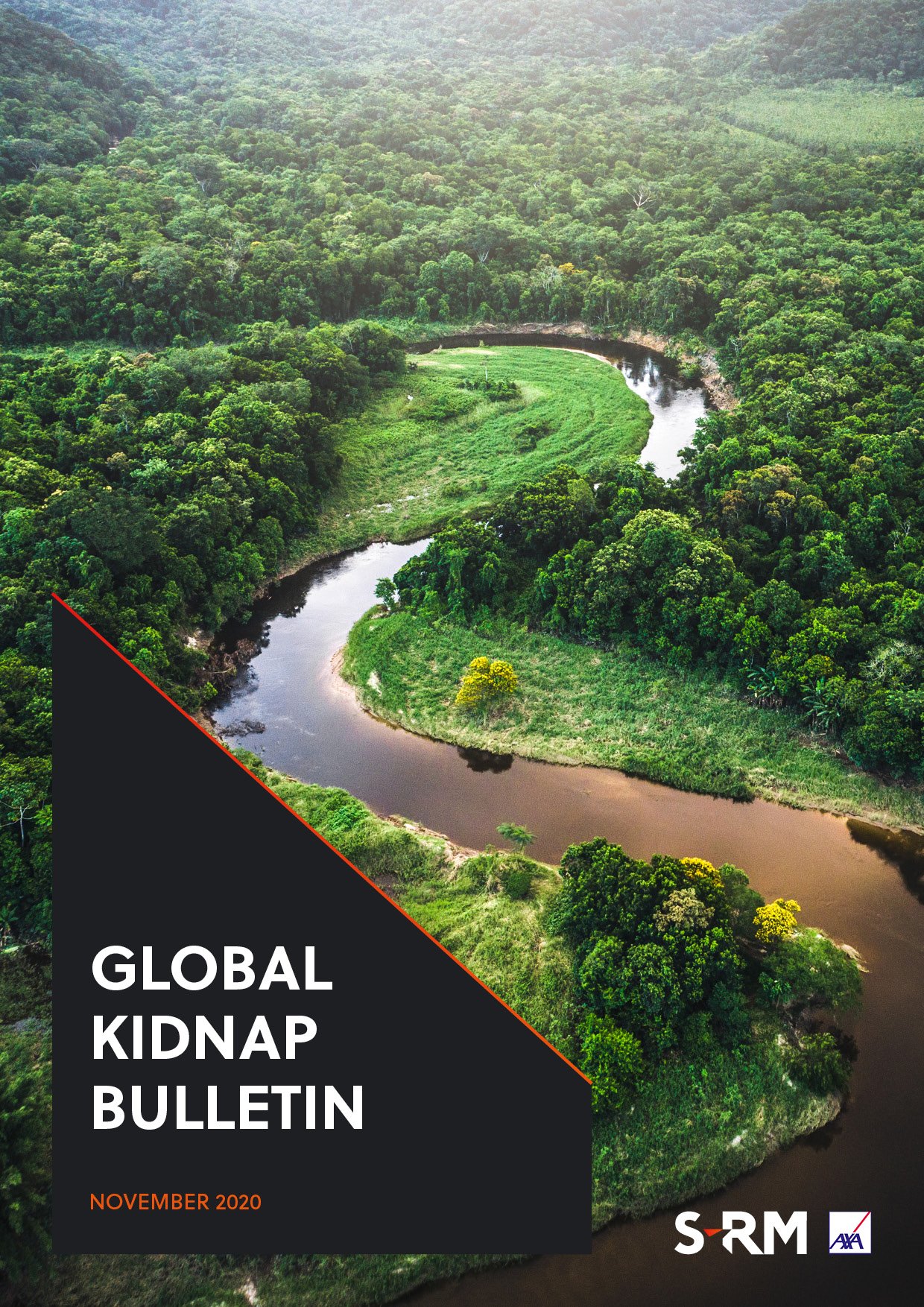In 2020, there has been a considerable increase in piracy and armed robbery incidents against ships in Asia. Rising cases have been reported in Bangladesh, India, Indonesia, Philippines, Vietnam, South China Sea, and the Singapore Strait. While the majority of events have not resulted in violence towards crew or significant losses or damages to vessels, shipping companies should be prepared for the threat to increase over the coming months. They should be particularly cautious when transiting through the Sulu and Celebes Seas and waters off eastern Sabah, Malaysia, due to the presence of Abu Sayyaf Group, writes Saif Islam.
The rise in incidents
An uptick in maritime crime in Asia is raising concerns among commercial operators, national governments, and regional maritime organisations. In the first nine months of 2020, there were 75 reported incidents of armed robbery and piracy against ships in Asia, according to the Regional Cooperation Agreement on Combating Piracy and Armed Robbery against Ships in Asia (ReCAAP). This is a 39 percent rise in incidents compared to January-September 2019, and the highest number of incidents recorded since 2015. The exact reasons for rising incidents are difficult to pinpoint, although available information suggests the economic downturn amid the Covid-19 pandemic is one of the key drivers. A global economic recession has increased poverty and unemployment in the region, potentially making more people resort to criminality, including at sea. Other and longstanding drivers also remain, such as the decline of traditional fishing in the face of commercial over-fishing.

A closer look at impact
A surge in incidents is concerning for commercial operators and governments alike. Although the ReCAAP classifies all non-piracy incidents as armed robbery, the vast majority of incidents were actually thefts by unarmed perpetrators, who did not harm the crew, nor did they hijack or severely damage the vessels. Most piracy incidents in Asia are opportunistic, and sometimes the perpetrators are local fishermen who want to supplement their incomes. They are usually interested in stealing scrap metal, communication equipment, engine parts, and personal belongings of the crew in order to resell them on the black market. Incidents of people being kidnapped or assaulted were relatively few (just one and three respectively).
However, the threat of violence is more prevalent in the Sulu and Celebes Seas and waters off eastern Sabah, Malaysia, where the Abu Sayyaf Group (ASG) – an Islamist militant group – operates. The ASG has a long history of conducting maritime kidnappings to generate revenue.
Although this threat has diminished in recent years due to increased counter-piracy efforts by countries in the region, especially compared to the 2014-2016 period, authorities have warned of a potential resurgence in such activities. For instance, in January 2020, ASG militants kidnapped eight crew from a fishing trawler off Lahad Datu, Sabah, Malaysia. Malaysian authorities recovered three captives within a day and the Filipino army found the body of one hostage during a military operation in Sulu, Philippines, in September; the remaining four crew remain in captivity. In May, June and July, the Philippine Coast Guard (PCG) issued warnings about ASG maritime kidnapping plots. More recently, in early November, the PCG killed seven ASG militants at sea, who were planning to stage kidnappings. The group typically targets small vessels but there is a precedent for occasional attacks on larger merchant vessels.
outlookShipping companies should be prepared for the maritime crime threat to continue to rise over the coming months, especially as regional economies struggle to return to pre-Covid-19 levels and related socio-economic grievances persist. Furthermore, the Philippine army’s increased security operations against the ASG in recent months could also result in a spike in retaliatory attacks in the short term. As such, vessels port calling in Asia are strongly advised to ensure their existing risk management strategies are resilient enough to addressing the growing threat of maritime crime and piracy. |



 Email Saif
Email Saif




 @SRMInform
@SRMInform
 S-RM
S-RM
 hello@s-rminform.com
hello@s-rminform.com

